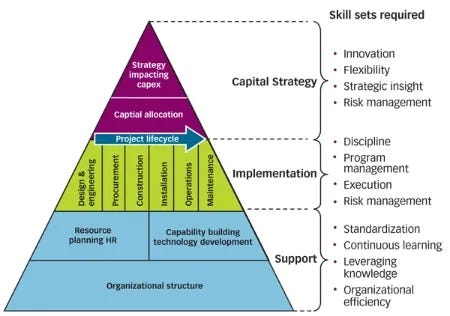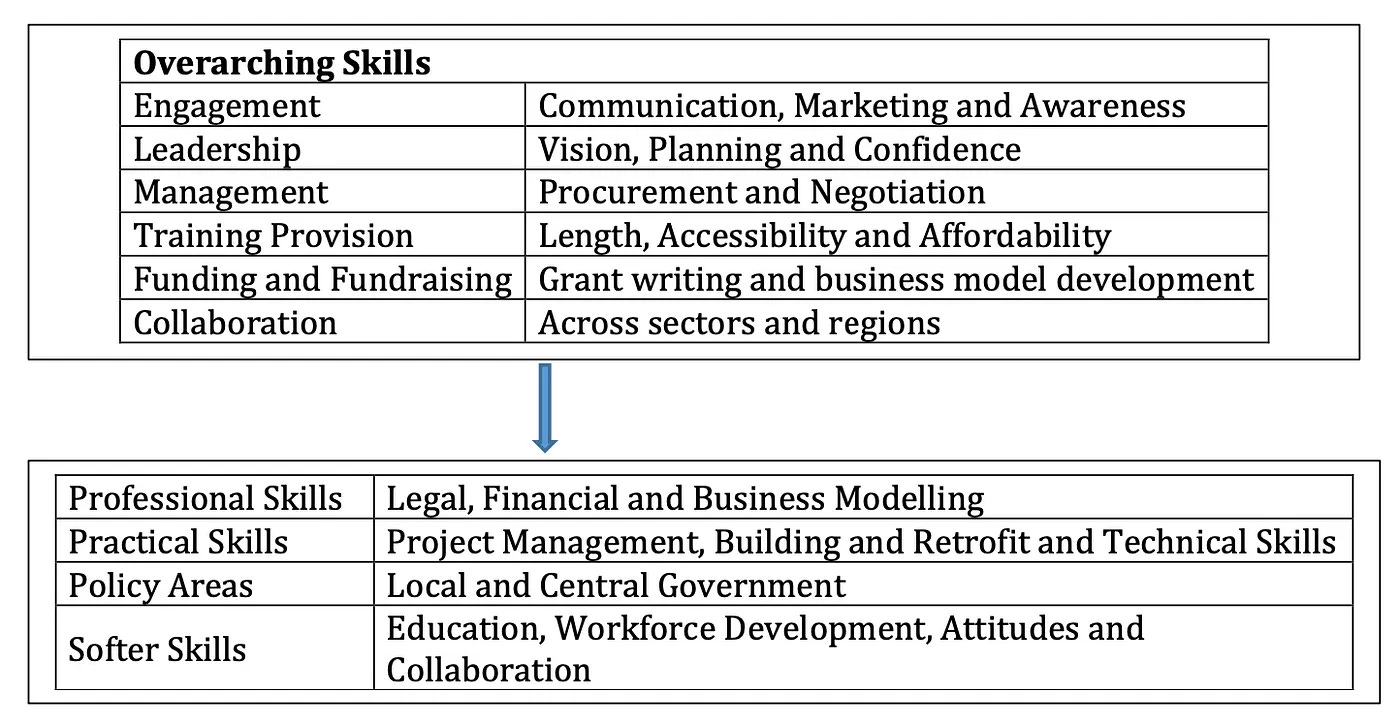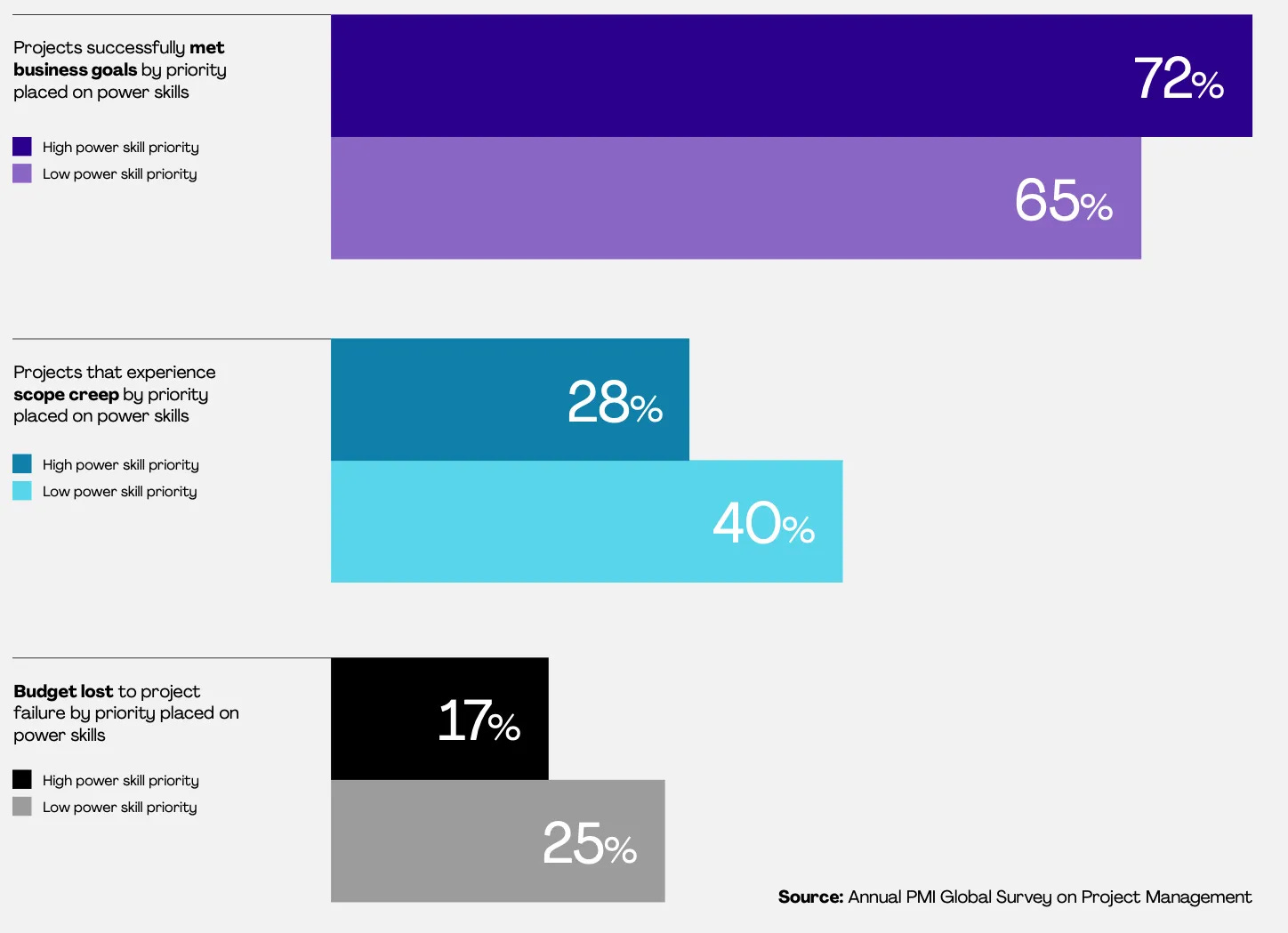Renewable Energy Project Management — How is PM Used in RE Projects? — 2
"The P in PM is as much about 'people management' as it is about 'project management.'" — Cornelius Fichtner
"One is technology, the other is psychology — these will be the two most important factors. Approaches to which direction societies are moving sociologically should be at the center of the business world, otherwise, one leg always remains missing."
— Prof. Dr. Acar Baltaş
In this second installment of the series, I will discuss how project management should be applied in renewable energy (RE) projects and highlight the key concepts. The main focus will be on the human-centric approach and communication skills, which are the central themes emphasized by project management and PMBOK 7th edition.
It is disheartening to witness that some operations conducted under the guise of project management and backstopping, a situation I have personally encountered many times, deviate significantly from these methodologies and standards. While the articles on this subject are limited in number, their findings indicate deficiencies in management methods addressing sustainable projects [1]. Given these facts, it is a valid question whether the renewable energy industry can learn and apply leading practices from other capital-intensive industries with a long history of dealing with complex supply markets.
In my first article, I introduced the definition of project management and its initial key benefit, which is cost-effective results. Continuing from there, we understand that with no fuel costs and relatively low operational, maintenance, and repair costs, upfront capital costs have a significant impact on the profitability of RE production. For example, the "initial capital costs" for a solar power plant roughly exceed all other lifecycle costs by three to five times [2]. Taking all this into consideration, the ability to manage within the budget and on schedule emerges as a critical factor in determining the cost competitiveness of RE.
Many studies have been conducted to identify the factors and relationships that make projects successful. One of these is the Project Excellence Model, which suggests correlating success criteria with critical success factors. The model has been used in a case study to demonstrate how it helps improve a project's performance. It's noteworthy that the conceptualization of methods and related practices under the name "capital project excellence" and its cross-sectoral study in various industries could address many gaps in the literature.
A study investigating the fundamental reasons for poor capital project implementation and how leading public and private sector organizations tackle these issues conducted surveys with executives and project managers from over 60 companies in various capital-intensive industries. Participants discussed 11 key dimensions of performance, summarized in Figure 2. The findings indicate that the key drivers of project performance generally fall into three categories: scope definition, cost estimation, and project execution [2].
When looking at other research, for instance, from the perspective of Change Management (CM) in the energy market, a field study aimed at identifying the motivators, facilitators, and barriers of sustainability found that effective and transparent communication is the primary enabler of change. It also highlighted fear and inflexibility as the most significant obstacles to change in the context of sustainable energy [1].
Similarly, summarizing the barriers faced in the scenario of RE development and growth worldwide, the following categories of obstacles are encountered: market, policy, finance, technology, knowledge, and institutional barriers when considering the development and growth of RE in India. In the context of community energy projects in India, 42 barriers are categorized under economic, technical, social, political, marketing, environmental, and infrastructural groups, along with 20 facilitating factors [3]. Global researchers like Hazelton identify 14 barriers in this regard [4]. Williams outlines the main aspects of 9 barriers [5], while Schmidt identifies 14 barriers in the context of Indonesia. The International Renewable Energy Agency (IRENA) presents barriers under categories such as policy and institutional, economic, social, environmental, and technological obstacles [7].
From a strategic perspective, China's portfolio management technique for energy projects has been recommended to overcome project issues such as cost overruns and delays. The model emphasizes careful project selection, prioritization and optimization of resources, and a focus on balance and control during the implementation process. It compiles the necessary skills to make energy projects successful, as outlined below;
As seen in Figure 3, the capabilities referred to as overarching take the most comprehensive role and can also serve as the causes for others. This means we are now going beyond discussing just the technical aspects of the work. Communication, Marketing, and Awareness find their place as the most critical skills. These findings closely mirror the results obtained from recent research conducted by PMI and PwC, which describe the skills that successful project managers need, emphasizing collaborative leadership, strategic thinking, and creative problem-solving.
"Technical skills are important, but understanding interactions among people is also crucial. At the end of the day, projects are executed by people. We need to appreciate and work on that."
— Luis Revilla, Chief People Officer, Softtek, Monterrey, Mexico
The 8 Characteristics of an Effective Project Manager
An effective project manager assists in optimizing the organization's resource utilization and maximizing value while ensuring that everyone is on the same page, making it easier to achieve the intended results. Effective project management is not solely related to short-term organizational success. Below, you can find the most important power skills identified as effective managerial traits so far:
Leadership qualities (Successful project management requires strong leadership skills on behalf of the overseeing manager)
Communication skills
Problem-solving skills
Delegation skills
Enthusiasm
Team-building skills
Competence in honesty
Now, I'd like to provide a bit more detail on this section, which I find very important. PMI has been advocating the significance of "power" skills, which include "soft" or "interpersonal" skills such as communication and strategic thinking, for several years. They prefer to use the term "power" rather than "soft." "Power" skills, built on a strong foundation of technical skills, enable project managers to align their projects with corporate goals, collaborate with their teams, solve problems, deliver results that add value to the organization and customers, and inspire others.
In this context, PMI updated the Talent Triangle to represent the ideal skill set for project professionals, reflecting that power skills are a necessity for project managers. When power skills are combined with strong technical skills that remain up-to-date with evolving work practices, they help project professionals navigate the rapidly changing business environment we currently operate. They also enable quicker adaptation to external conditions that change faster than before.
In the Talent Gap Pulse of the Profession research conducted in collaboration with PwC, the connection between power skills and project success is clearly established [10]. The results also reveal some interesting connections. For instance, 92% of respondents agreed that these mentioned power skills help them work smarter. Organizations that prioritize these power skills are experiencing higher project management maturity, benefits realization management maturity, and corporate agility rates.
In short, project professionals who enhance their communication, problem-solving, collaborative leadership, and strategic thinking skills appear to possess the most critical power skills that will help organizations achieve their goals. I believe this marks an important enlightenment phase for those in the renewable energy sector who may have previously considered these skills as "soft" or focused solely on the technical dimension of the work. In this context, the report highlights that the perception of the value placed on power skill development varies, with the highest value seen in the energy sector (58%) and manufacturing (57%), while the lowest rates are in construction (34%) and financial services (45%) sectors [10]. This observation contributes to understanding the purpose of this article.
The report also identifies opportunities for organizations to leverage these connections and enhance project success and value. For example, organizations allocate only about a quarter of their training budgets to power skills [10]. When power skills are clearly communicated by leadership and reinforced through professional development offerings and individual and team assessments, organizations will achieve better project performance.
References
The role of project management in the success of green building projects: Egypt as a case study, Heba Farouk Abdelkhalik, and Hisham Hussein Azmy, (2015).
Cross-industry Project Management Practices (Kish Khemani, Neal Walters and Patrick Haischer, A.T. Kearney, (2011).
Managing Sustainable Energy Projects: A Review on Success Factors, Rajeev Ranjan Pandey, Warangkana Jutidamrongphan, Saroj Gyawali, Md. Shahariar Chowdhury, (2022).
Hazelton J, Bruce A, MacGill I. A review of the potential benefits
and risks of photovoltaic hybrid mini-grid systems. Renewable Energy, (2014).Williams NJ, Jaramillo P, Taneja J, Ustun TS. Enabling private sector investment in microgrid-based rural electrification in developing countries: A review. Renewable and Sustainable Energy Reviews, (2015)
Schmidt TS, Blum NU, Sryantoro Wakeling R. Attracting private investments into rural electrification — A case study on renewable energy based village grids in Indonesia. Energy for Sustainable Development, (2013).
İnovasyon Görünümü Yenilenebilir Mini Şebekeler, (2016).
https://www.indeed.com/career-advice/career-development/project-manager-qualities
Pulse of the Profession 2023, PMI, Power Skills, Redefining Project Success 14th Edition, (2023).
PMO Maturity Lessons from the Global Top Tier, Project Management Institute, PwC (2022).
#projectmanagement #renewableenergy #changemanagement #communication




![Figure 1. Individual Power Skills Ranked by Region [10] Figure 1. Individual Power Skills Ranked by Region [10]](https://substackcdn.com/image/fetch/$s_!70-S!,w_1456,c_limit,f_auto,q_auto:good,fl_progressive:steep/https%3A%2F%2Fsubstack-post-media.s3.amazonaws.com%2Fpublic%2Fimages%2F6fe145d1-0202-4fba-8118-d7721fca35bd_1071x809.webp)


